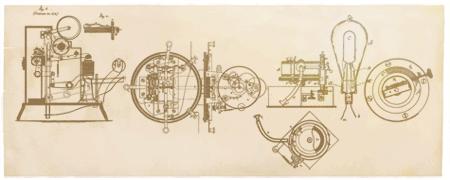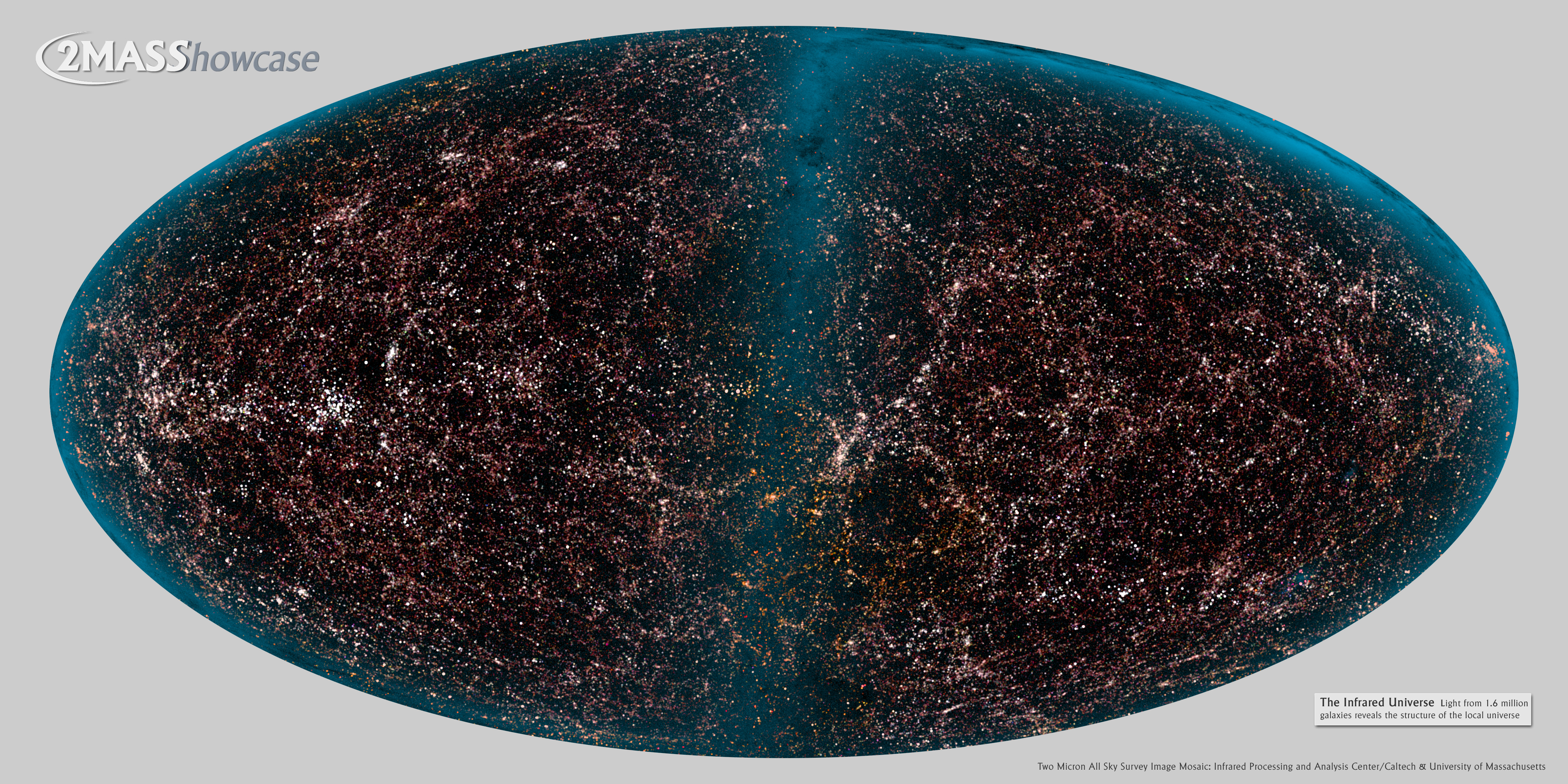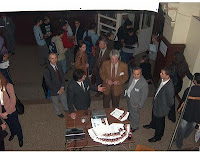 The Learning Process vs. Intelligence
The Learning Process vs. IntelligenceProcesul de instruire-învăţare
MOTTO: "An intelligence is the ability to solve problems or to create products, that are valued within one or more cultural settings". (Gardner 2003)
UNDER CONSTRUCTION ...
Este corect utilizat termenul de "predare" in cazul activitatii unui profesor (cadru didactic)? Nu, dupa parerea mea, deoarece este vorba de CUNOASTERE si INVATARE. Dupa cum vom observa, cunoasterea depinde atat de individ, cat si de comunitate (societate), in timp ce invatarea depinde doar de individ. Mai degraba se poate folosi expresia "instruire-învăţare"

CUNOASTEREA (un tezaur al omenirii): spatiu virtual si fizic de inventii, cunostinte, studii, analize, experimente si inventii stocate/pastrate sub diverse forme: carti, reviste, suporturi magnetice si optice, biblioteci digitale, etc. actualizate prin diverse cuceriri stiintifice, culturale etc.

INVATAREA (procesul/drumul catre cunoastere si fericire): omul este sortit sa inceapa -inca de la primele secunde de cand vine pe lume, un lung proces de cautare, de adaptare, de experimente, de bucurie, de fericire, de tristete, de dureri ... de impliniri, de remuscari ... de viata. Drama lui este ca toate acestea sunt influentate de evolutia cunoasterii proprii, ce inseamna de fapt INVATARE. ["Learning is evolution of knowledge over time" Roger E. Bohn, Ref.: c3.cniv.ro ]
KNOWLEDGE: a treasure of humankind
LEARNING: the process / path to knowledge and happiness
"O pledoarie pentru schimbare în educaţie nu ar putea începe, în zilele noastre, decât cu afirmarea rolului principal care revine cadrelor didactice în asumarea acestei schimbări şi cu sublinierea necesităţii de recuperare a principiilor pedagogice aplicate, în contextul actual dinamic, marcat de utilizarea noilor tehnologii pe toate palierele sociale, culturale şi profesionale." Mihaela Ilie, Radu Jugureanu, Otilia Ştefania Păcurari, Olimpius Istrate, Emil Dragomirescu, Dana Vlădoiu, Manual de instruire a profesorilor pentru utilizarea platformelor de eLearning, Editura LITERA Internaţional, Bucureşti, 2008
Nota-Resurse: http://profesorulcreator.siveco.ro (pdf) | Documente
Nota: TKS 2011, The First International Conference "Teachers for the Knowledge Society", Sinaia, 17-19 March, 2011 (MasterProf)

The Conference is the closing conference of a two years EU project: Training the MST Teachers through a Master Program for the Knowledge Society.
Invited speakers:
Howard Gardner, Harvard University
Pieter de Vries, Delft University
Wim Veen, Delft University
- http://conference2011.masterprof.ro/
- the abstracts: tks_abstracts.pdf (pdf)
"To learn is to acquire knowledge or skill. Learning also may involve a change in attitude or behavior."
Ref.: www.dynamicflight.com/avcfibook/learning_process/
For Dr. Howard Gardner, intelligence is:
"- the ability to create an effective product or offer a service that is valued in a culture;
- a set of skills that make it possible for a person to solve problems in life; - the potential for finding or creating solutions for problems, which involves gathering new knowledge. "(Gardner 2009, American Psychologist and Educator)
Ref.: Building the 21st-Century Mind: www.howardgardner.com
Computer and Learning
Results and performance obtained through the use of computers have boosted the development of all sciences. Man and the world interact continuously, reality is seen from multiple perspectives, the information we received through various channels so as to have an adequate response, the knowledge we have produced, not reproduced. Learning is individualized, and cognitive and emotional development plan can not ignore the cultural, social, technological. Computer inciting the ongoing reconfiguration of the image that we have about areas of knowledge by accessing different sources of information and provides another way to know and to produce knowledge. Learning is broadly defined as change. The focus can be on what we learn (the product of learning) or on how we learn (the process). It is about how we change and how we adapt, grow, and develop. This adaptation, growth, and development occur from the inside out. The 21st Century Skills are critically important to support the challenges of the modern work-place and the dynamic and rapidly changing knowledge society. Learning solutions focus on developing or enhancing the competencies and behaviors needed by individuals and teams in order to accomplish meaningful goals and create a positive work climate that encourages and values clarity, interaction, openness, diversity, community and results.
The triad "Learning-Knowledge-Development"
This conclusion lead to examine in detail the triad "Learning-Knowledge-Development" (Fig. 3):
• Development - a process in which something passes by degrees to a different stage (especially a more advanced or mature stage); "the development of his ideas took many years"; "the evolution of Greek civilization"; "the slow development of her skill as a specialist or a person "; Sustainable development is maintaining a delicate balance between the human need to improve lifestyles and feeling of well-being on one hand, and preserving natural resources and ecosystems, on which we and future generations depend; This component is a physical environment; this treasure can store;
• Knowledge – Knowledge is defined by the Oxford English Dictionary as (i) expertise, and skills acquired by a person through experience or education; the theoretical or practical understanding of a subject, (ii) what is known in a particular field or in total; facts and information or (iii) awareness or familiarity gained by experience of a fact or situation; the theoretical or; Knowledge acquisition involves complex cognitive processes: perception, learning, communication, association and reasoning. This component is a physical environment, but also a virtual environment; this treasure can store;
• Learning - Learning is acquiring new knowledge, behaviors, skills, values, preferences or understanding, and may involve synthesizing different types of information. The ability to learn is possessed by humans, animals and some machines. Progress over time tends to follow learning curves. Human learning may occur as part of education or personal development. It may be goal-oriented and may be aided by motivation. The study of how learning occurs is part of neuropsychological, educational psychology, learning theory, and pedagogy; One way we use the cognitive processes in our daily lives is with learning. Learning is not just something we do in school or in formal settings. We learn every day. Sometimes our very survival depends on how well we can learn. That may mean unlearning our learned limitations and regaining confidence in our ability to direct our own learning. In today’s world, someone who doesn’t know how to learn is left behind (http://www.cognitiveprocesses.com, 8 functions). By exploring your own learning process and determining your natural learning style, you can find the best ways for you to learn. Then you, not the instructor or the situation, are in charge of your learning. Learning is broadly defined as change. The focus can be on what we learn (the product of learning) or on how we learn (the process). It is about how we change and how we adapt, grow, and develop. This adaptation, growth, and development occur from the inside out. This component is only a virtual environment; this treasure cannot store.
- Figure 3 represents the relationship between Learning, Knowledge and Development.

























